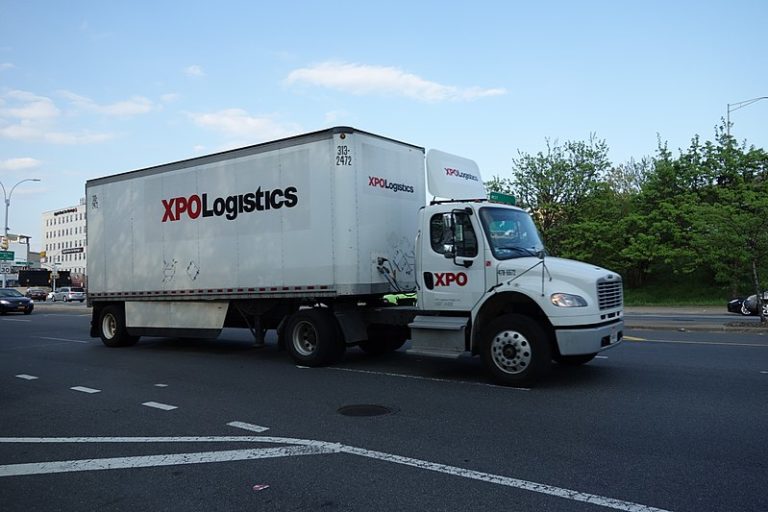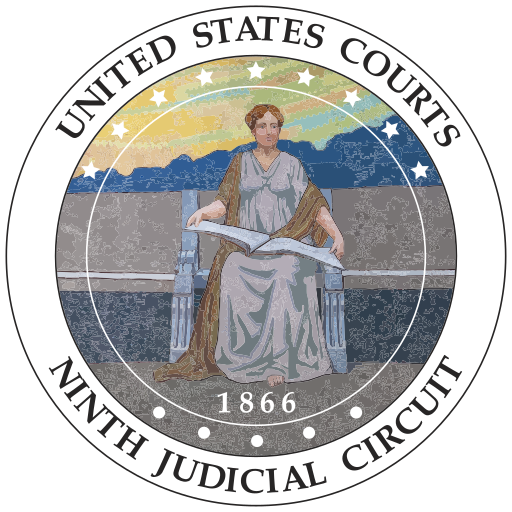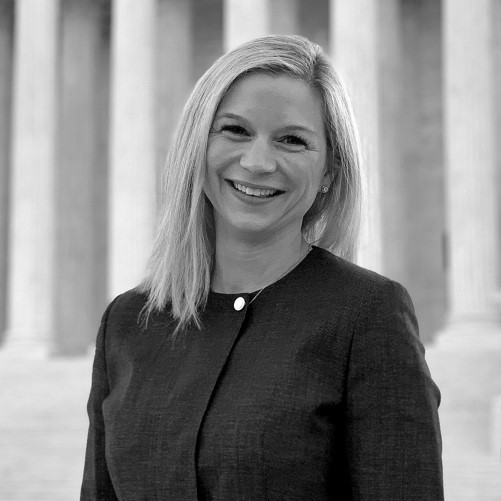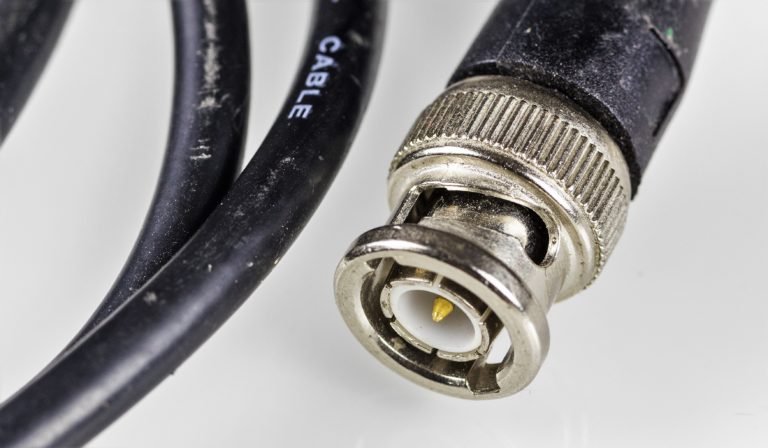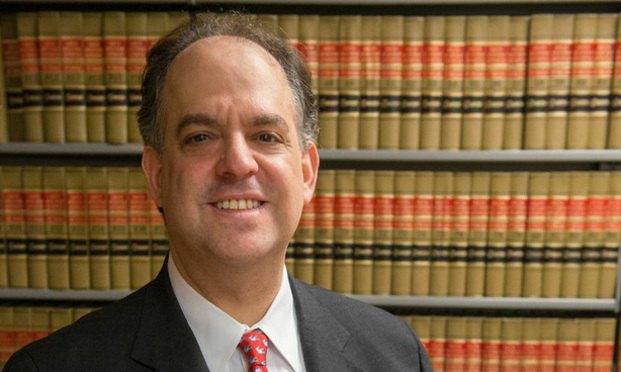State AGs Still Really Don’t Like Cy Pres Class Action Settlements
Because “[o]bjectors do not contest the value of the settlement” or plead that they suffered any out-of-pocket injury from Google’s conduct, the only question was whether it was “feasible” to distribute $8.5 million to a class with 129 million estimated members who performed searches through Google.



